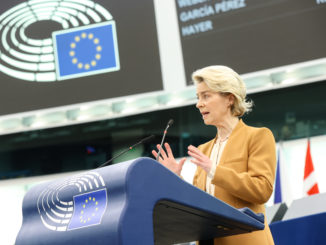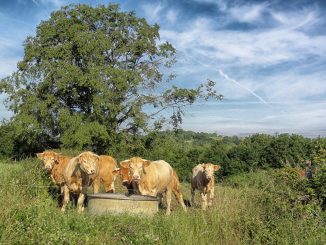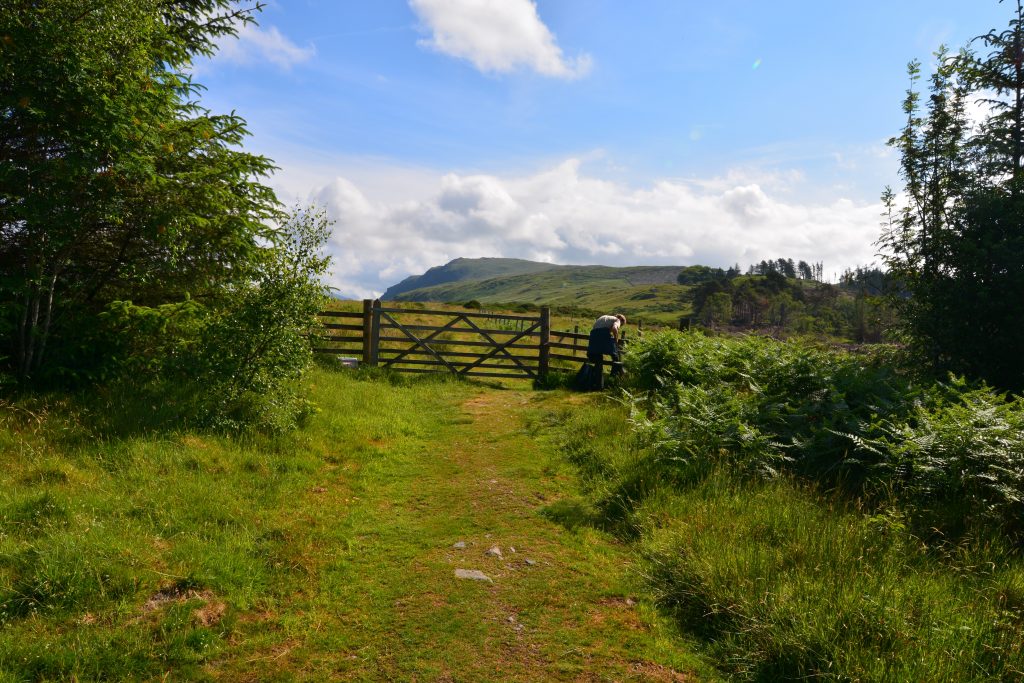
In all likelihood, the UK will leave the European Union. In place of the CAP, it has drafted a new Agriculture Bill which is passing through parliament at the moment. What does this bill look like? What are the implications? What further amendments are needed? Vicki Hird talks us through the details.
When the UK voted narrowly to leave the European Union in June 2016 it triggered a process for developing UK agriculture legislation to replace the CAP. The four UK nations are developing specific policy approaches but one, unifying (apart from Scotland) draft piece of legislation – the Agriculture Bill – was published in September 2018 following a public consultation.
As the first UK Agriculture Act for nearly 50 years this was a dramatic event for farm policy watchers. It also represented a significant shift in approach to farm support – led by then new Secretary of State Michael Gove – an arch ‘Brexiteer’ but also a newcomer to agriculture policy and seemingly keen to take a sledgehammer to the old ways. It remains hard to pin his motivation down as he aims to satisfy all audiences he speaks to. So far on many core issues he’s been useful – championing nature friendly farming, animal welfare, a neonicotinoid pesticide ban, and curbing supply chain abuse (though not far enough) but his Bill could be an empty vessel.
The new UK Agriculture Bill is rolling, somewhat fitfully, through parliament but is currently stalled in the mess of Brexit party politics. It will though, barring political bombshells, arrive at the full House of Commons at the end of January then to the second chamber in February for further scrutiny and debate. Whilst Sustain, an alliance of 100 food and farming organisations, welcomed several elements in the Bill on public money for public goods and of supply chain transparency and fairness but, like many, we are hoping for significant amendments -most crucially to ensure there are actually obligations to deliver the outcomes not just powers, that there is a budget, trade policy and that it delivers on public health, agro-ecological farming and workers’ needs. (see list further down article)
When the Bill reaches the House of Lords many questions of process, legislative control and previously neglected areas (such as public health) may well rise to the fore. The House of Lords has already expressed great concern with the ‘enabling’ way in which the Bill is drafted and the lack of pre-legislative scrutiny and detail. There are also major issues regarding the way in which this and budgets associated with it will be implemented differently in the four nations.
At the January 2019 Oxford Farming Conferences (OFC) Secretary of State Michael Gove gave a detailed speech where he sought to reassure absolutely everyone that the Bill and following polices will do everything everyone wants – quite a list of outcomes and assurances. He and Farm Minister George Eustice have mentioned all types of farms including agro-ecological ones, pasture fed, agro forestry in a bid to show the Bill will deliver. Kerry McCarthy – an member of the UK Parliament highly versed in agriculture policy development – noted that she’s finding it hard to negotiate for changes with such pacifying characters. Especially as the Bill has no budget after 2022 or actually duties to deliver much.
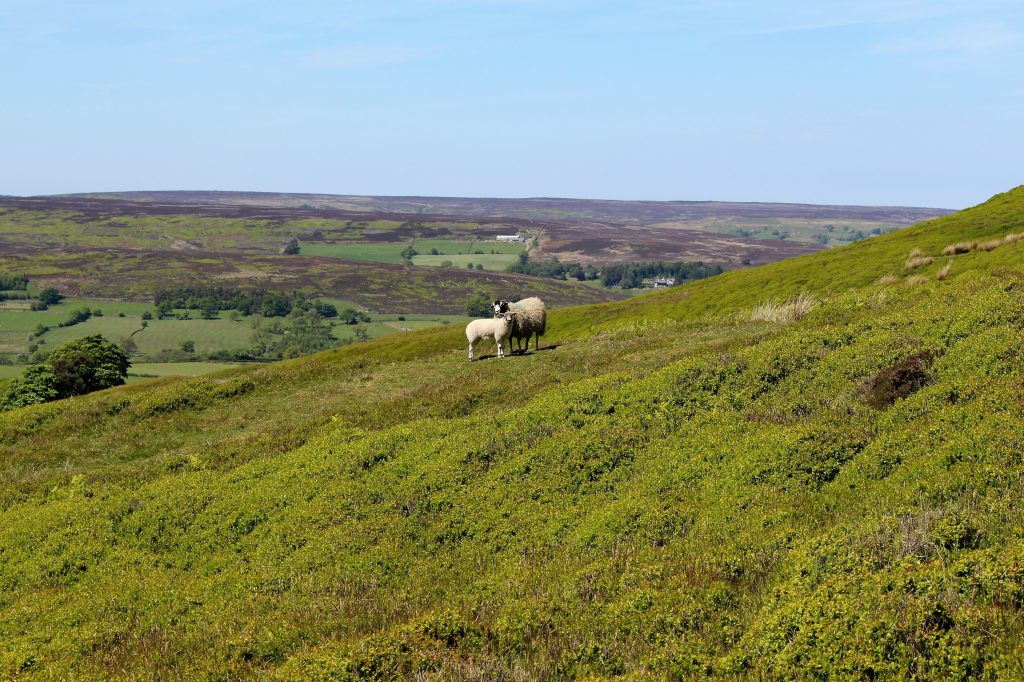
When Michael Gove suggested in Oxford that ‘in someone else’s hands [ie a different Secretary of State] the outcomes of this bill could very different‘ there was an audible gasp across the hall. It’s clear that a framework Bill like this is dangerous: there are so many ways in which very little (or indeed far too much or too poorly designed) policy could result.
At this point it’s worth reflecting that so far, being involved in the process of Bill development has been an interesting, frustrating but also occasionally encouraging one.
Interesting given how this represents a unique opportunity to completely rethink how we support farming and food production in the UK – the big farming unions are pushing back, and we do need safeguards so we don’t see a huge loss of farms, but we are possibly grasping the chance to revolutionise farm support based on public goods.
The frustration has been both the delays due to Brexit politics but also because most amendments have been voted out or dropped. The government is adamant that the Bill remains as it is and that it will be a ‘framework’ one – giving huge powers but no accountability and vagueness when we need details and solid clauses to guarantee the parts of the Bill we like will actually happen. We have no guarantees.
The encouraging elements come from parts of both the Bill and of the process. The Bill has some really useful powers. These include possible new supply chain regulation and financial support for delivering publicly useful outcomes including: improving the environment; public access; maintaining or restoring cultural and natural heritage; animal health and welfare; and mitigating or adapting to climate change (some are ‘public goods’ but not all). The process of developing the Bill – from early stages, through the ‘Health and Harmony consultation phase, to the detailed work on amendments has involved ever increasing and useful collaboration between progressive farmers, farmer groups, consumer, environment and welfare organisations. Truly collaborative work will deliver far better outcomes as picking out single ‘wins’ will fail in the long term given the multifunctional nature of farming and food.
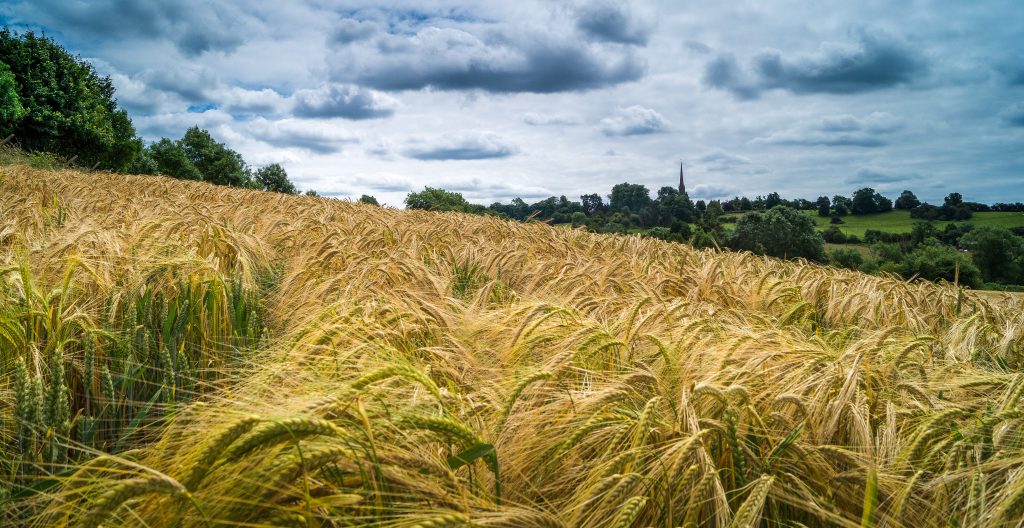
What we want now are amendments that will ensure:
- Multi-annual funding and a budget beyond 2022 to be sure public goods are secured and give farmers and landowners and with the confidence that the industry will be supported in delivering them by future governments in the years ahead. This is pretty much agreed by all stakeholders.
- Trade deals on agriculture only if the production standards (food, animal welfare, environment and employment) are as high as, or higher than, standards which at the time of import applied under UK law
- payment for a range of public goods and outcomes along the lines in the Bill but including more such as agro-ecological systems and public health outcomes, soil health, sustainable local food systems, small scale infrastructure
- Fair dealing along the whole supply chain for all sectors via new statutory codes enforced by a new well-resourced agency. The scope of the legislation as it is currently drafted is limited to the relationship between the producer and the first purchaser – which means large sections of the food supply chain (including many processors) will remain outside of the remit of any new regulator. The new EU Unfair Trading Practices (UTPs) Directive could be sorely missed in the UK.
- Assessment on farmworker impact and support for reinstatement of an Agricultural Wages Board for England, to ensure better pay and conditions for farm workers.
- Far greater efforts are made to reduce agriculture related greenhouse gas emissions reach net zero, pesticide reduction strategies, maintaining a county farms network for new entrants, and strengthened local food networks.
Meanwhile the Department for Farming Food and Rural Affairs have been busy developing the programme of work for the transitional and future farm policy. A key part of this is a new farm support scheme – called the Environmental Land Management Scheme will hit major development phase in 2019. The current state of play is explored elsewhere but it is worth noting this new scheme will, by 2027 be the main way in which England will support farmers. Wales, Scotland and Northern Ireland are developing their own schemes with some similarities.
Looking wider, there is universal agreement between everyone involved in any way shape or form that a ‘no deal’ with the EU would be a disaster. From those concerned with farming who will have input such as seeds and chemicals, essential workers and exports markets disrupted to those trying to ensure the most vulnerable – the lowest income, those in hospitals and so on can access affordable, safe food.
For now, we are working hard with others including greener UK to get the amendments included and if Michael Gove refuses to strengthen the Bill we will not be content. The final Bill is likely to get royal assent by May and after that all eyes will be on detailed legislation, implementation and impact.
Sign up for Sustain’s e-newsletter updates on food and farming policy here, see blogs by Vicki Hird here and follow her on twitter.
 Vicki Hird MSc FRES is an award winning author, expert, strategist and senior manager who has been working on environment, food and farming issues for over 25 years. As part- time Sustainable Farm Campaign Coordinator at Sustain, Vicki manages the farm policy and related campaigning and provides comment and guidance on these issues. Prior to this role, she was director of Campaigns and Policy At War on Want. Previously she was the Senior Campaigner heading up the Land use, Food and Water Programme for Friends of the Earth and Policy Director of Sustain. She was Policy Director of Sustain, 1999 – 2004 and has been an expert consultant for NGOs and institutions (including for RSPB, WSPA, The Sustainable Development Commission, Greenpeace, The Plunkett Foundation and HEAL). She has launched many major food and environment campaigns, from local to global in scope, has blogged frequently and published numerous reports and articles on the sustainability of food systems and published Perfectly Safe to Eat? (Women’s Press 2000). She has an academic background in pest management and is a Fellow of the Royal Entomological Society. Vicki is on the board of Pesticides Action Network, co-founded Hackney Food Partnership, was chair of the Eating Better Alliance and has sat on numerous government advisory groups over the years. She also runs an independent consultancy undertaking campaigning and research.
Vicki Hird MSc FRES is an award winning author, expert, strategist and senior manager who has been working on environment, food and farming issues for over 25 years. As part- time Sustainable Farm Campaign Coordinator at Sustain, Vicki manages the farm policy and related campaigning and provides comment and guidance on these issues. Prior to this role, she was director of Campaigns and Policy At War on Want. Previously she was the Senior Campaigner heading up the Land use, Food and Water Programme for Friends of the Earth and Policy Director of Sustain. She was Policy Director of Sustain, 1999 – 2004 and has been an expert consultant for NGOs and institutions (including for RSPB, WSPA, The Sustainable Development Commission, Greenpeace, The Plunkett Foundation and HEAL). She has launched many major food and environment campaigns, from local to global in scope, has blogged frequently and published numerous reports and articles on the sustainability of food systems and published Perfectly Safe to Eat? (Women’s Press 2000). She has an academic background in pest management and is a Fellow of the Royal Entomological Society. Vicki is on the board of Pesticides Action Network, co-founded Hackney Food Partnership, was chair of the Eating Better Alliance and has sat on numerous government advisory groups over the years. She also runs an independent consultancy undertaking campaigning and research.




